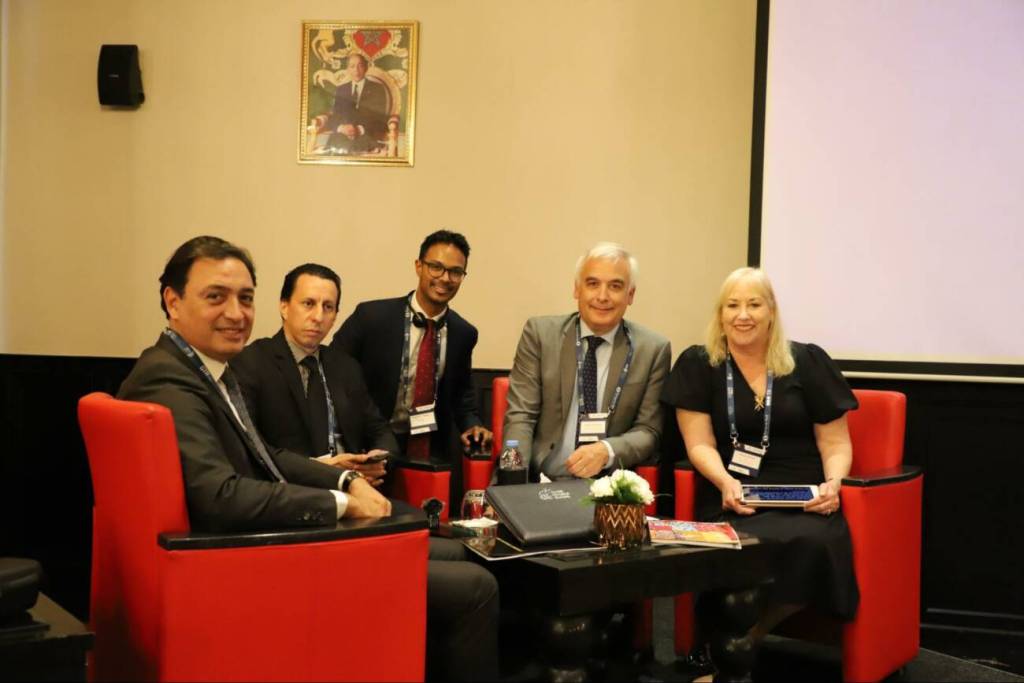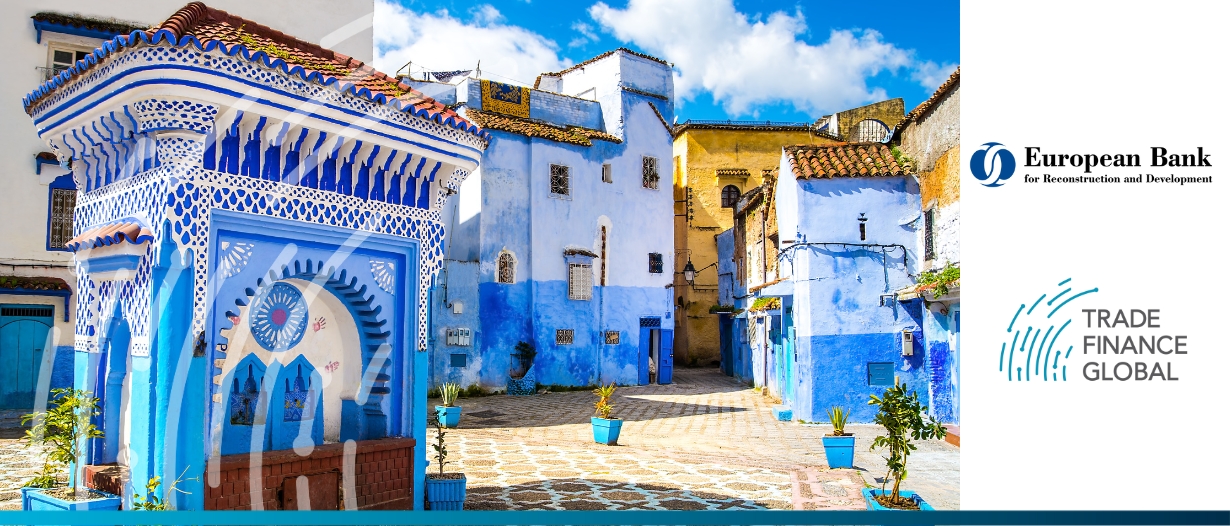Estimated reading time: 3 minutes
The European Bank of Reconstruction and Development (EBRD)’s Trade Facilitation Programme, alongside the International Chamber of Commerce (ICC) Morocco and the ICC Digital Standards Initiative, recently hosted a conference on the Digitalisation of International Trade in Casablanca, Morocco.
Trade Finance Global are proud to be official media partners of the event.
This event gathered leading experts who are at the forefront of transitioning to a more digitised trade environment, including representatives from Portnet, the national Single Window for Foreign Trade, and MSC Morocco, a global leader in container shipping.
The dialogue covered topics such as the trends in digitalised trade, Morocco’s role in this digital transformation, and the broader impacts of digitalisation on international trade dynamics.
The participants also discussed the economic benefits of moving towards digital trade solutions and the associated legal frameworks in Morocco.
In a notable global context, nations such as France, Germany, the United Kingdom, and the United States of America have recently implemented reforms that grant electronic transferable documents and records the same legal standing as their paper counterparts.
These reforms are in alignment with the United Nations Commission on International Trade Law (UNCITRAL) Model Law on Electronic Trade Records (MLETR), which aims to facilitate the use of electronic transferable records at both domestic and international levels by ensuring their legal equivalence to traditional paper-based documents.
Said Maghraoui, Director of Regulation and Commercial Defence, provided the opening remarks on behalf of the Ministry of Industry and Trade, announcing the EBRD’s collaboration with the Ministry on the forthcoming project “Supporting Digital Commerce in Morocco.”
EBRD Director for the Bank’s Trade Facilitation Programme, Shona Tatchell, said, “Making trade smoother through digital tools is key, and the EBRD is looking to partner more with governments to digitalise trade. A critical challenge is how to harness digitalisation to improve trade security, transparency, efficiency, affordability and sustainability. Ultimately, digital trade will open up more markets and financial opportunities for small and medium-sized enterprises and banks in our regions.”

André Casterman, a board member of the International Trade and Forfaiting Association (ITFA) and moderator of the event, underscored the potential influence of these international reforms on Morocco and the backing from the trade finance community. “ITFA members are keen to help the Moroccan banking community embrace digital trade innovations and adopt the MLETR principles into local law,” Casterman said.
In support of these initiatives, the EBRD has devised a Blueprint for achieving Digital Trade in partnership with the Centre for Applied Sustainable Transition Law (CASTL). This document provides a detailed outline of necessary legal reforms that are consistent with MLETR and includes a legal reform matrix to help countries identify the required legal adjustments to foster electronic commerce.
Since becoming a founding member of the EBRD in 2012, Morocco has benefitted from over €4.6 billion in investments through 103 projects facilitated by the Bank.























